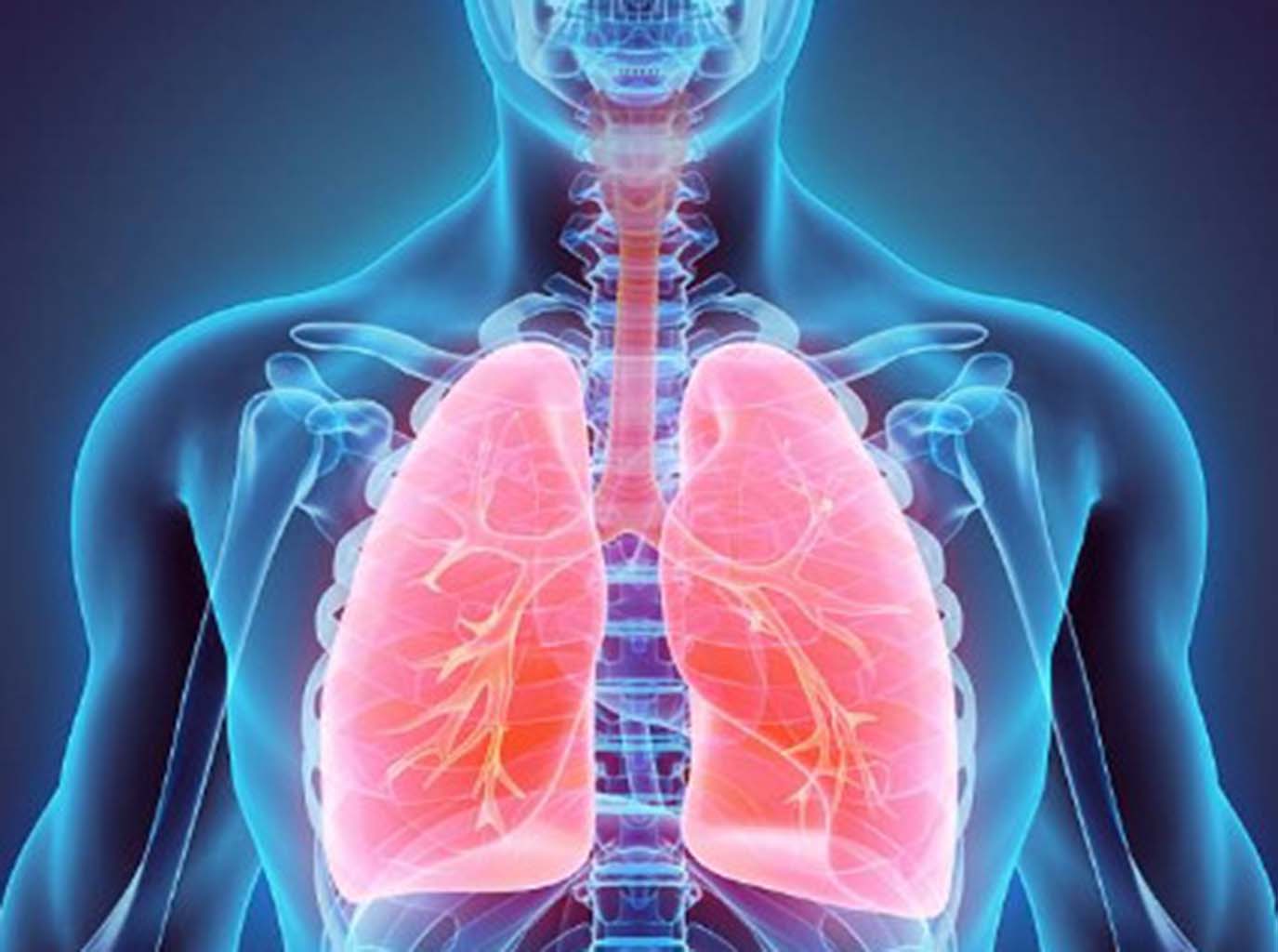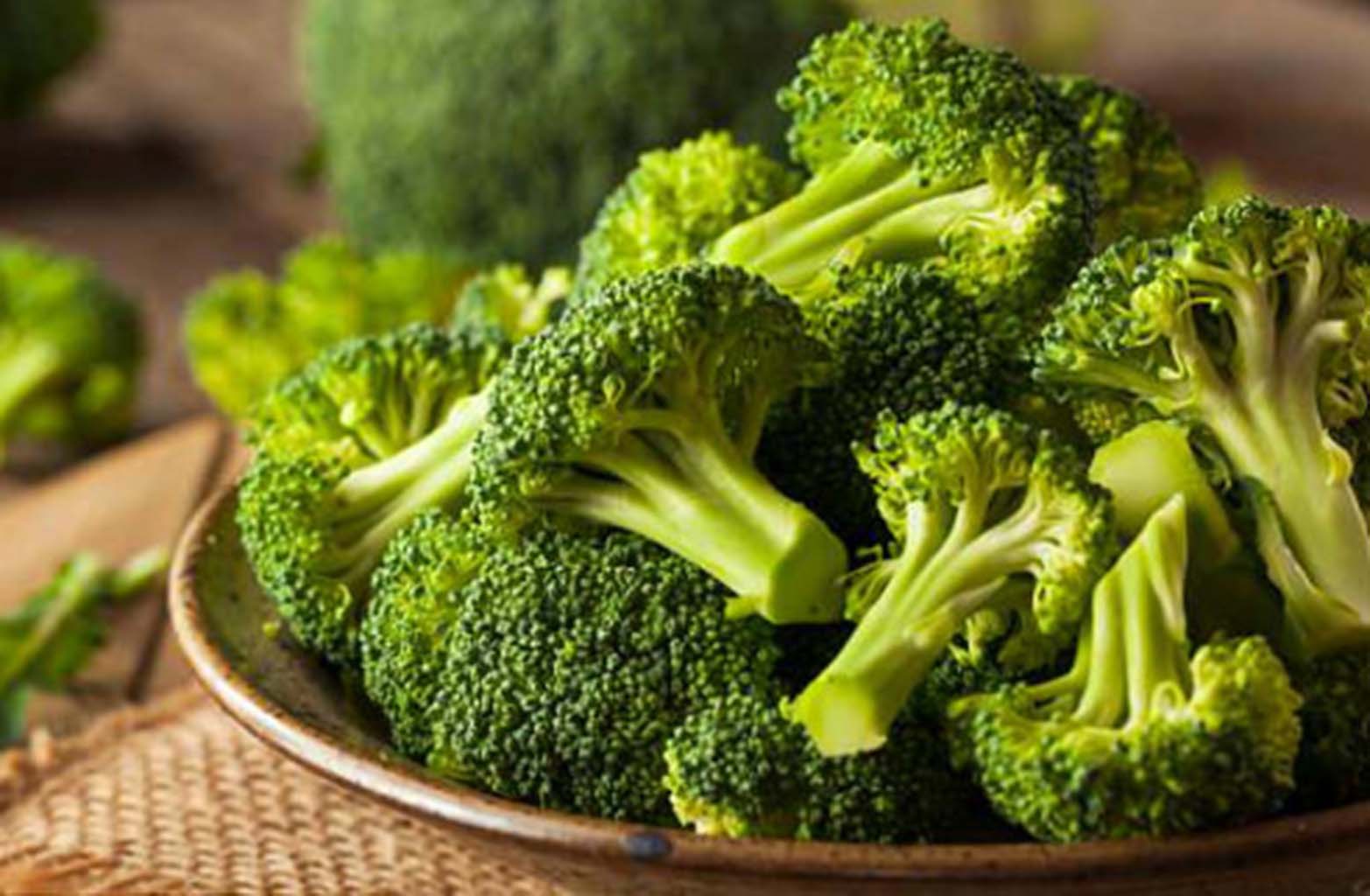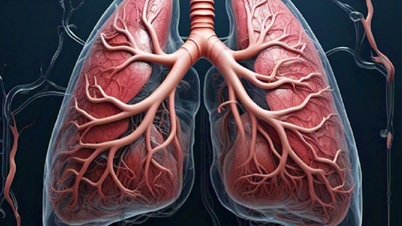Accordingly, Danish scientists have discovered that people with low levels of vitamin K have poor lung function and are more susceptible to asthma, wheezing and chronic obstructive pulmonary disease (COPD), according to the New York Post.

Vitamin K may play an important role in keeping lungs healthy
Researchers at Copenhagen University Hospital and the University of Copenhagen looked at 4,092 people between the ages of 24 and 77. Participants had their lung function tested.
Participants also had blood tests to measure vitamin K levels in their blood and answered questions about their overall health and lifestyle.
The results showed that people with low vitamin K levels had a lower volume of air they could inhale or exhale in one second. These people were also more likely to have chronic obstructive pulmonary disease, asthma or wheezing, according to the New York Post.
The results suggest that vitamin K may play an important role in keeping the lungs healthy, said study author Dr Torkil Jespersen.
Dr Apostolos Bossios, secretary of the European Respiratory Society for respiratory diseases, asthma, COPD and chronic cough, also said: This study shows that people with low blood levels of vitamin K may have poorer lung function.

Green leafy vegetables rich in vitamin K — such as broccoli and spinach — may help keep your lungs healthy.
Foods rich in vitamin K
In addition to broccoli and spinach, lettuce, kale, collard greens, rainbow chard, Chinese cabbage, Brussels sprouts, soybean oil and canola oil are also rich in vitamin K.
Signs of vitamin K deficiency
The main symptoms of vitamin K deficiency are bleeding; Wounds that are difficult to stop bleeding; Easy bruising; Small blood clots under the fingernails; Bloody or black urine or stools.
Go see a doctor immediately for an accurate diagnosis and treatment if you experience the above symptoms, according to Health Line.
Source link


![[Photo] Prime Ministers of Vietnam and Thailand visit the Exhibition of traditional handicraft products](https://vphoto.vietnam.vn/thumb/1200x675/vietnam/resource/IMAGE/2025/5/15/6cfcd1c23b3e4a238b7fcf93c91a65dd)
![[Photo] National Assembly Chairman Tran Thanh Man meets with Thai Prime Minister Paetongtarn Shinawatra](https://vphoto.vietnam.vn/thumb/1200x675/vietnam/resource/IMAGE/2025/5/15/e71160b1572a457395f2816d84a18b45)






























































































Comment (0)